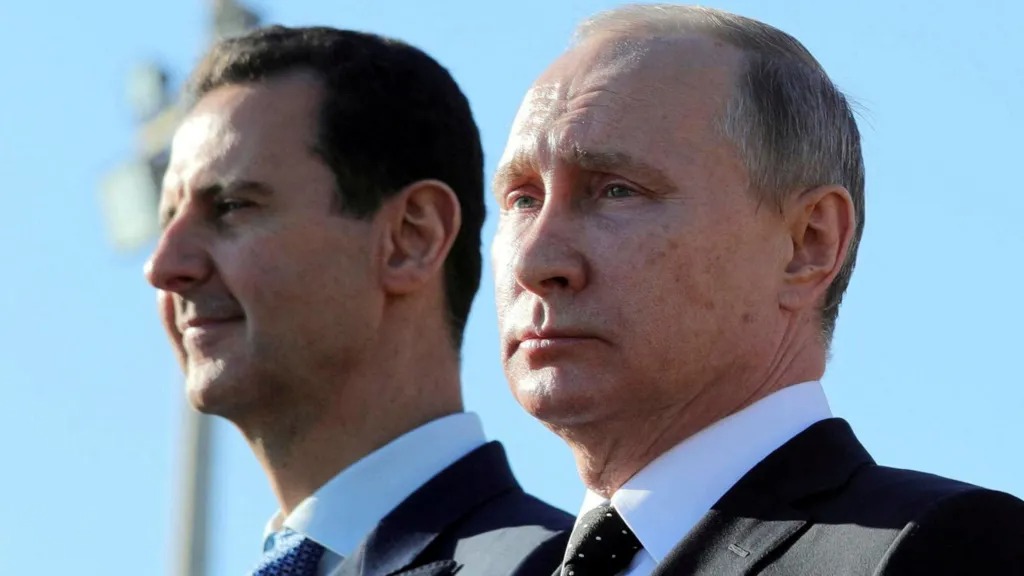
Steve Rosenberg: How Assad’s Fall Deals a Blow to Russia’s Prestige
For nearly a decade, Russian firepower propped up Bashar al-Assad’s regime in Syria. Yet, in just 24 hours, that regime collapsed, leaving Moscow scrambling to manage its losses. Assad’s departure to Moscow under asylum highlights the Kremlin’s diminishing influence in the Middle East.
Russia’s Syrian Gamble
When Russia sent troops to Syria in 2015, it aimed to assert itself as a global power. The intervention was Vladimir Putin’s first major challenge to Western dominance beyond the post-Soviet sphere. By 2017, Putin declared a mission accomplished during a visit to the Hmeimim airbase in Syria.
The benefits of Russia’s Syrian project were twofold:
- Geopolitical Prestige: Moscow positioned itself as a decisive power in Middle Eastern politics.
- Strategic Assets: Syria granted Russia 49-year leases on its Hmeimim airbase and Tartous naval base, offering a critical foothold in the eastern Mediterranean.
Unraveling the Kremlin’s Syria Strategy
Assad’s sudden fall has thrown these achievements into question. The bases in Hmeimim and Tartous, vital for Russian military logistics, now face an uncertain future.
The Kremlin insists opposition leaders have guaranteed the security of Russian bases, but tensions remain high. Russian state media reported that these bases are on high alert, though the foreign ministry downplays immediate threats.
A Blow to Moscow’s Prestige
The fall of Assad marks a significant geopolitical setback for Russia. Beyond the strategic losses, the optics of Moscow failing to defend one of its staunchest allies are damaging.
Russia invested heavily in Assad’s survival, providing weapons, training, and air support. Yet, according to Russian state TV, the Syrian army’s inability to hold key positions, such as Aleppo, contributed to Assad’s downfall.
“Positions were surrendered despite government troops being better equipped and outnumbering the rebels,” noted Yevgeny Kiselev, a prominent Russian news anchor.
Shifting Focus to Ukraine
Russian state media has attempted to downplay the Syrian debacle by redirecting public attention to the war in Ukraine. “Our priority is Russia’s security and what is happening in the zone of the Special Military Operation [Ukraine],” emphasized a state TV broadcast.
This narrative seeks to reassure the Russian public, reframing the loss in Syria as secondary to domestic concerns.
What’s Next for Russia in Syria?
While Assad’s departure to Moscow on “humanitarian grounds” allows Russia to claim moral high ground, the reality is stark. Moscow’s carefully constructed Middle Eastern influence has been shaken.
As Russia reassesses its position, key questions remain:
- Will the new Syrian leadership honor Russia’s military agreements?
- How will this affect Russia’s long-term presence in the Mediterranean?
For now, the Kremlin must navigate this setback while maintaining its global ambitions.
Internal Link: Explore Russia’s military strategy in Ukraine
External Link: Read more on Russia’s involvement in Syria at BBC News





